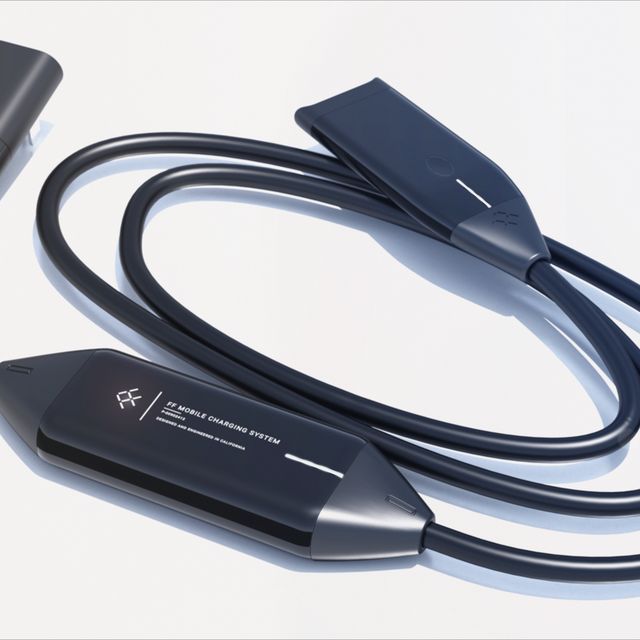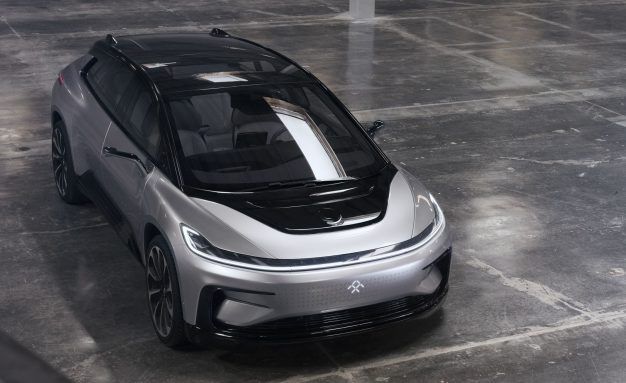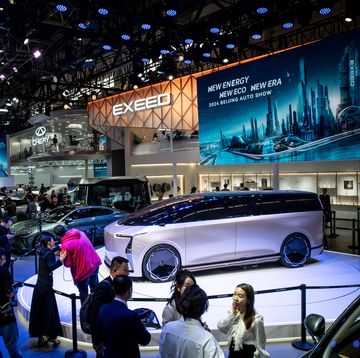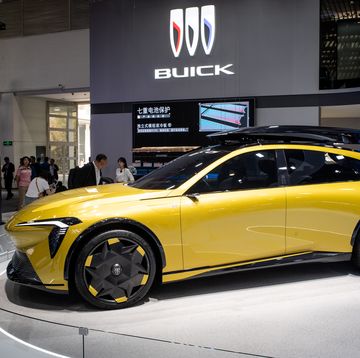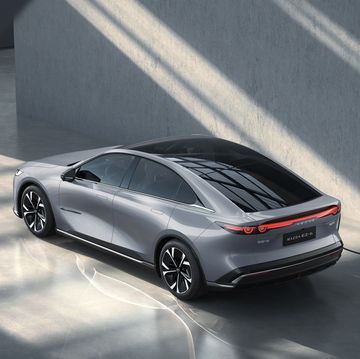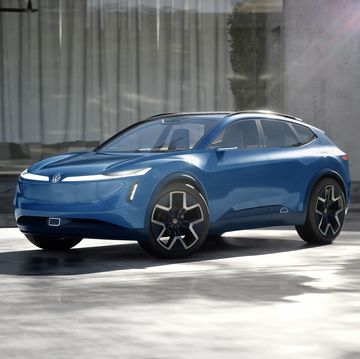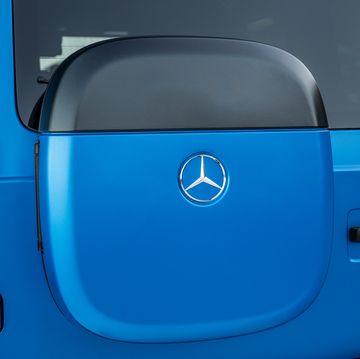Faraday Future has faced heavy skepticism at seemingly every turn of its attempt to bring an electric vehicle to market. That alone is no surprise, as anyone with a passing knowledge of the auto industry knows it is hard to start a new car company. But recent financial woes at Chinese financial partner LeEco have cast new doubts on the EV maker’s prospects.
Faraday Future was launched in 2014 by Jia Yueting, the founder of LeEco, which has been explained to Americans as the Netflix of China. LeEco, which has been a primary financial partner of Faraday Future, also sells electronics such as phones and televisions. The company expanded into the U.S. in October, but reportedly has run into financial trouble. On Tuesday it confirmed it is laying off 325 employees in the U.S., or about 70 percent of its workforce here.
The would-be EV maker has already ditched plans for a plant in California, where it’s based, and has scaled back plans for its stalled assembly plant in Nevada. Automotive News China reported Thursday that Sunac China Holdings, a development firm, would be injecting capital into LeEco, but has decided to take a hard pass on giving Faraday Future any assistance. The report says that after a visit to the plant earlier this spring, Sunac chairman Sun Hongbin lost confidence in the project, in part because he has doubts about the EV market in the face of its lack of infrastructure in the United States and the fact that it is heavily bolstered by incentives in China.
- Faraway Future? We Ride in Faraday Future’s FF91 Prototypes
- Meet the Faraday Future FF91, the Most Advanced EV Ever (If It Reaches Production)
- Faraday Future Teased Its First Production Sedan/Crossover/Thing, and Few People Noticed
Just four months ago, Faraday Future was talking up much better numbers. In January, it revealed the FF91 electric crossover at the CES technology show, boasting that the EV made 1050 horsepower and claiming it could shoot from zero to 60 mph in 2.4 seconds. Its 130-kWh battery pack, laid flat across the floor as part of the company’s Variable Platform Architecture (VPA), was said to provide an estimated 378 miles of range. The company said its goal was to put the fantastically fast EV on the road by 2018.
Now it’s seeking $1 billion from large-scale investors such as sovereign wealth funds, according to Bloomberg. Stefan Krause, named the company’s chief financial officer in March, told employees earlier this week that Faraday Future will be unaffected by the cuts at LeEco, Forbes reported. But it’s looking more as if our first ride in the FF91 just might have been our last.
